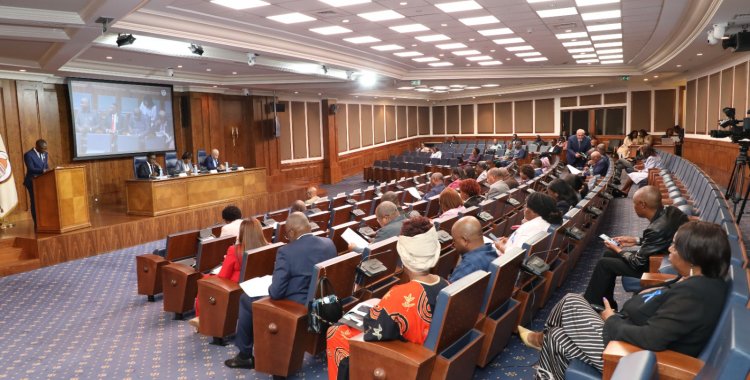Basically, the proposal envisages converting the Angolan Active Venture Capital Fund (FACRA) into a Venture Capital Fund (FCR), with the aim of expanding the action of this entity in supporting the financing of startups, small and medium-sized companies.
FACRA – according to the proposal, cited by Angop – is restricted to investment in risk capital by micro, small and medium-sized companies and startups. However, FCR plans to 'embrace' a new, more active and comprehensive business plan towards financing these companies.
Furthermore, the new entity will also be able to make direct investment in the beneficiary commercial companies, through other collective investment organizations that may be indicated and presupposed in the country's legislation.
According to the OGE proposal for 2025, it will also be possible to invest in capital instruments and convertible bonds or others, as well as in subordinated debt or a combination of these instruments, and the FCR also plans to expand the offer to include the option of issuing guarantees of capital and obligations, in order to encourage the attraction of private investments through various instruments and boost the capital market, increasing investor security, writes Angop.
It should be noted that, this Tuesday, the deputies of the first, fourth and fifth committee of the National Assembly gave the 'green light' to the joint opinion report of the OGE proposal, now going for discussion and voting, in general, this Thursday.
On the occasion, deputy João Mpilamosi, as rapporteur, said that the document "generally complies with the rules for the preparation, presentation, adoption, inspection and control of the General State Budget, as well as the principles of unity, universality and balance established in the article 104 of the Constitution of the Republic of Angola".
Quoted in a statement from parliament, to which VerAngola had access, the deputy informed that the proposal "brings as an annex the Fiscal Strategy 2025-2030, as established by the Public Finance Sustainability Law, as well as the Assembly Recommendations Balance Report National to OGE-2024".
In terms of fiscal projections, the 2025 OGE aims to increase tax revenue collection, especially "non-oil tax revenue and control the growth of expenditure as a proportion of GDP, in order to maintain prudent debt management leading to gradual reduction of its ratio in relation to GDP".
This proposal, the note also says, also foresees responding to the "main concerns of families and companies", taking into account four axes of action: more income, more food and economic security, more social security and more robust public finances.
"Next year, it is estimated that the national GDP will grow by 4.1 percent and that the economy will benefit from the stabilization of the prices of oil, diamonds and other commodities, the impacts of internal economic reforms and advances in projects of infrastructure, despite the various structural challenges that are still faced", indicates the note.
It is recalled that the OGE proposal for 2025 estimates revenues and sets expenses at around 34.63 billion kwanzas, and with regard to macroeconomic assumptions, the budget document was prepared "based on the average oil price of 70 dollars, an oil production of 1,098 thousand barrels per day, an average inflation of 19.3 percent, among others".
Furthermore, among the various actions, the OGE for 2025 also provides "resources to guarantee the gradual implementation of budgetary units resulting from the new Political-Administrative Division (DPA)".







